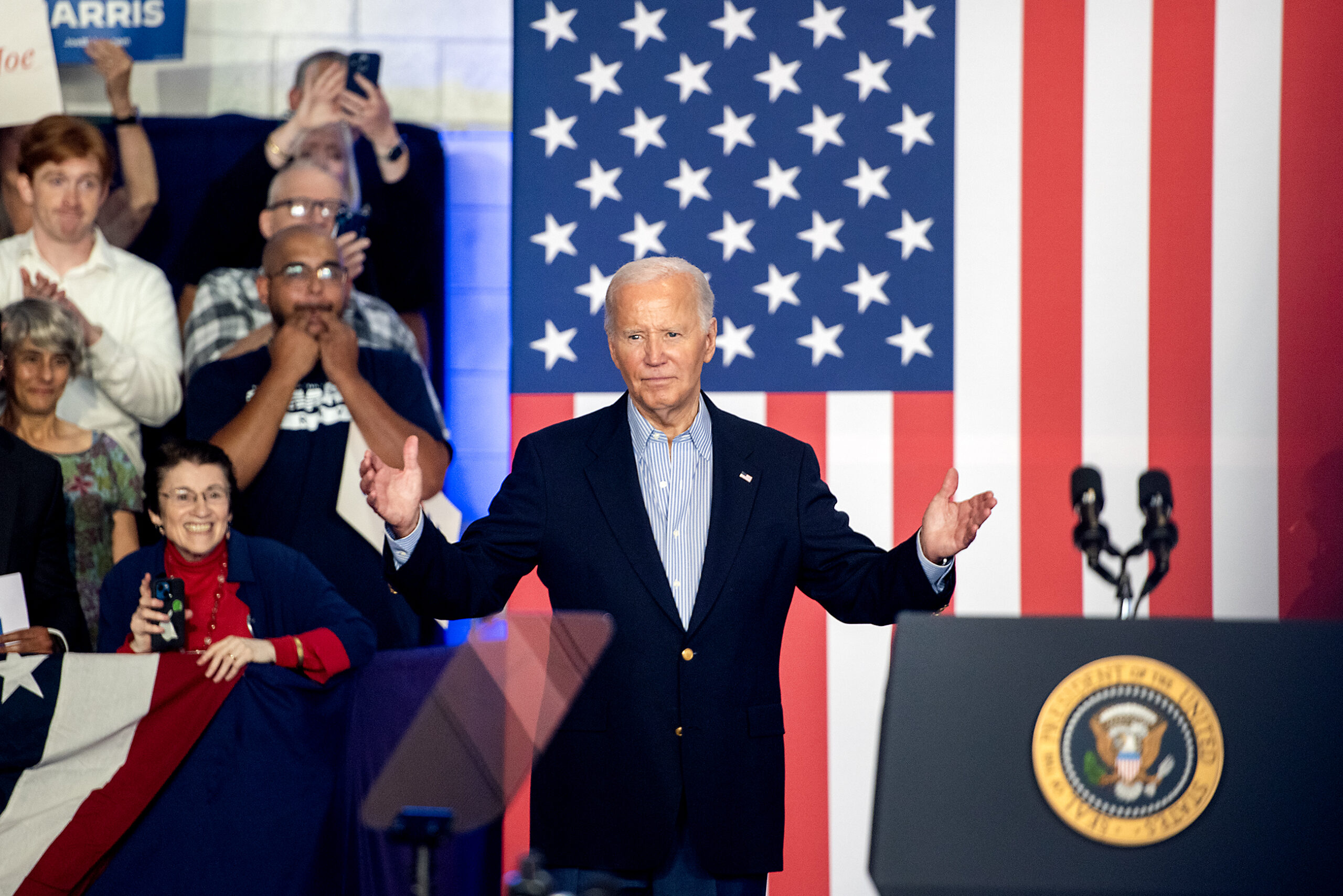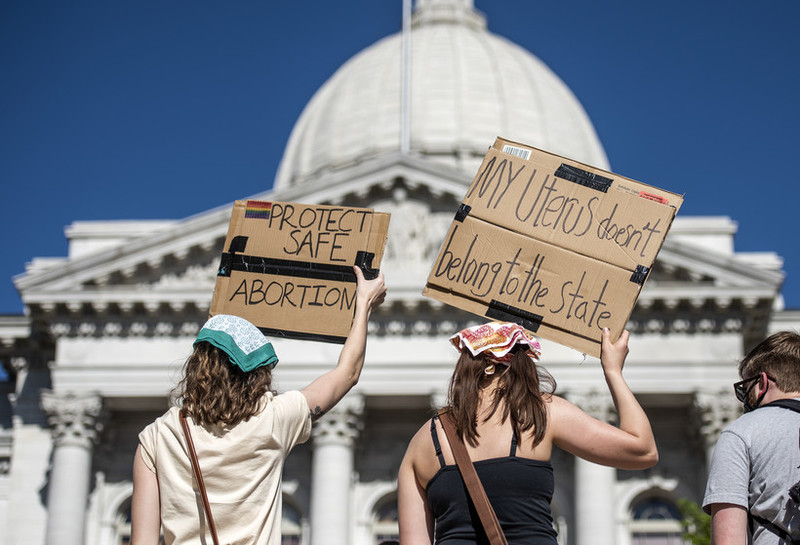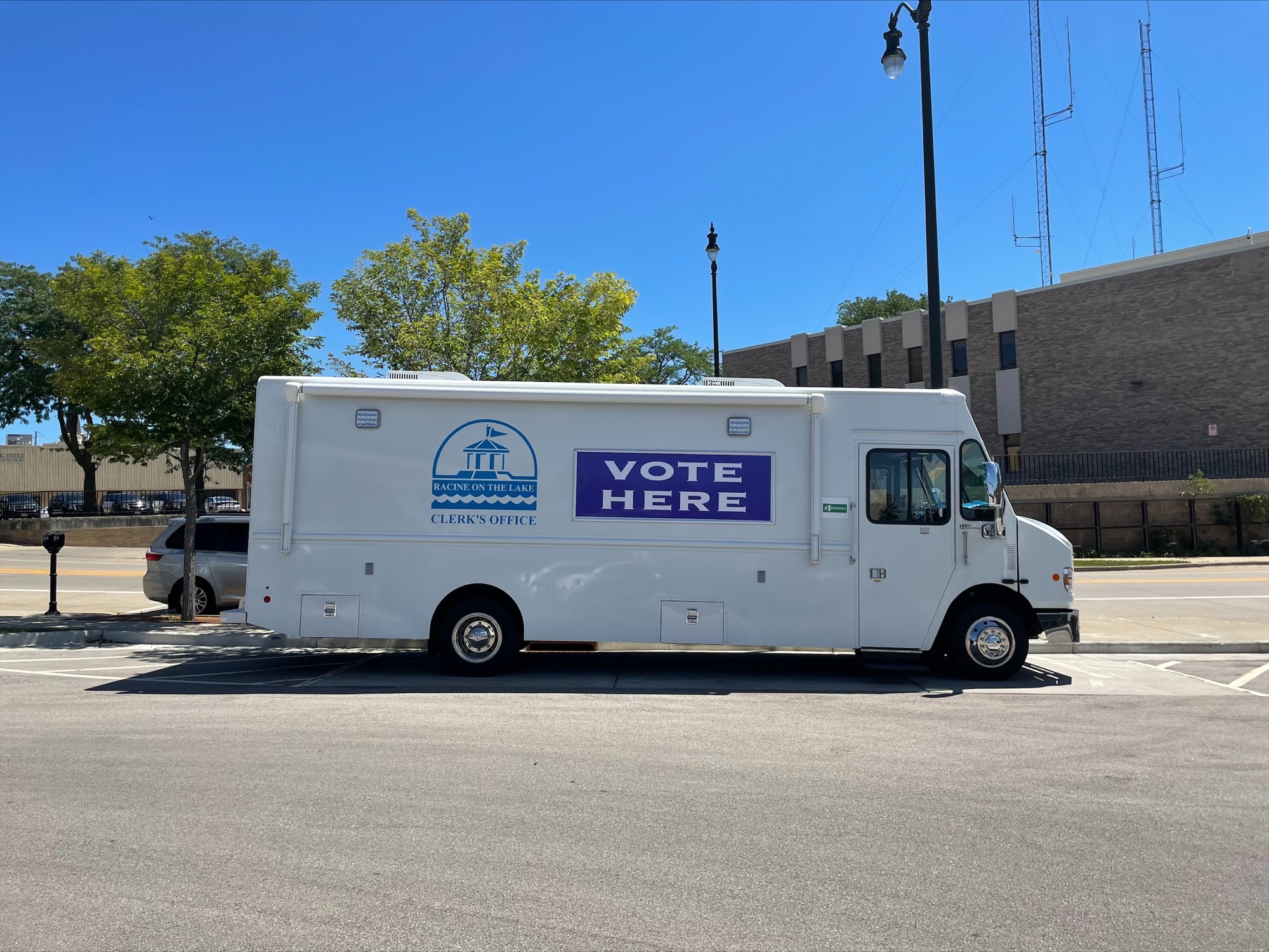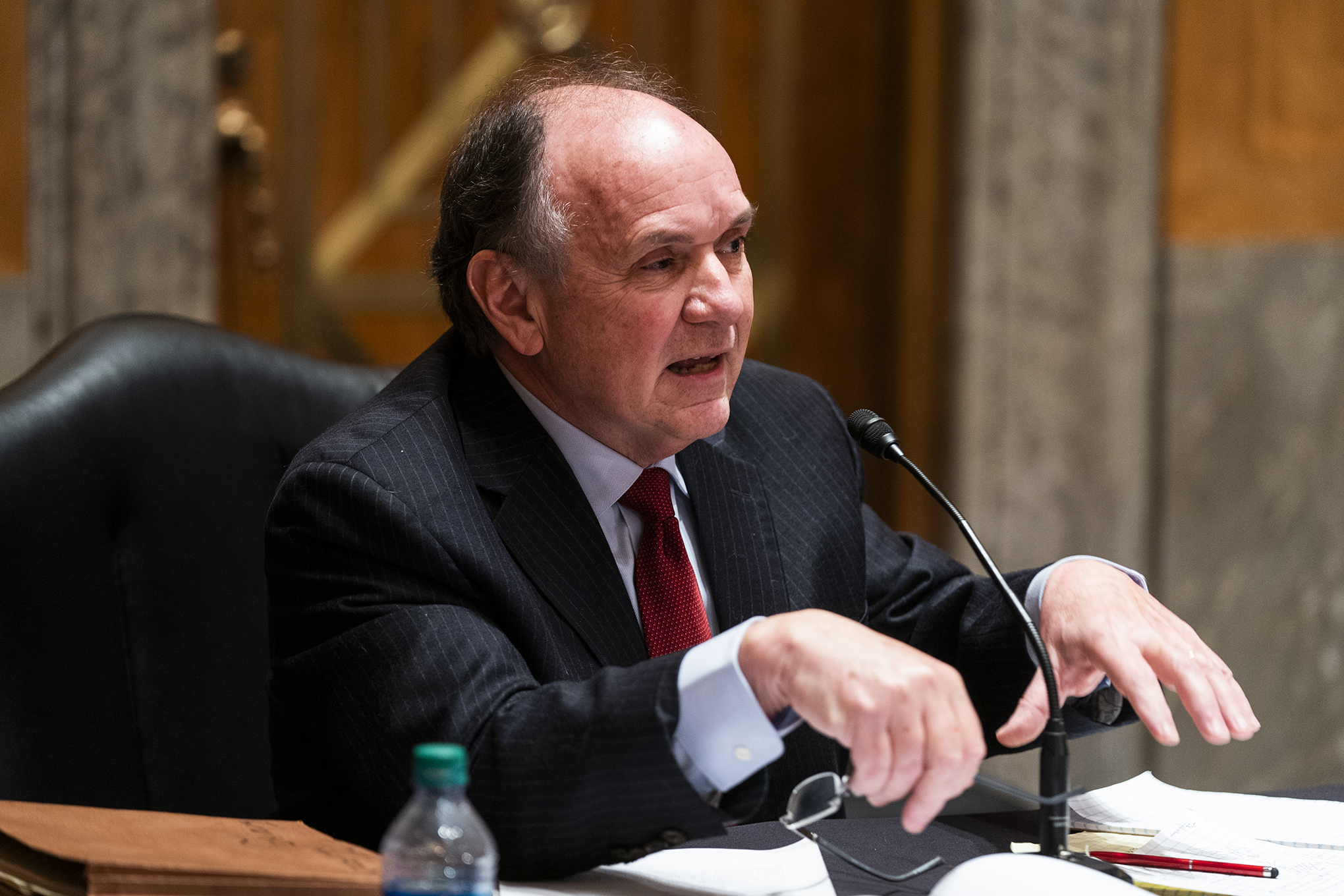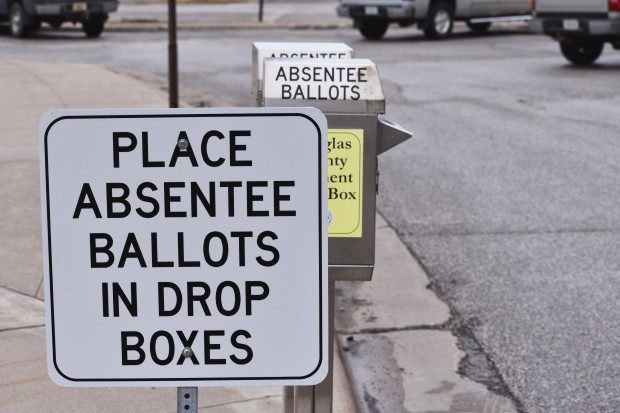With claims that the U.S. Supreme Court is facing a “crisis of ethics” due to conflicts of interest and recent rulings, President Joe Biden is calling for term limits and a binding code of ethics for justices.
Wisconsin’s Supreme Court has faced similar claims, but the rules for justices are different here.
In an Washington Post op-ed, Biden railed against the U.S. Supreme Court’s July 1 ruling that granted former President Donald Trump and future presidents broad immunity from prosecution for alleged crimes committed while in office. Biden called for three significant changes, including a constitutional amendment stripping presidents of immunity for crimes committed while in office, 18-year term limits for U.S. Supreme Court Justices and “a binding code of conduct for the Supreme Court.”
Last year, the nation’s highest court adopted a code of conduct, but George Mason University Law Professor Ilya Somin told WPR it’s voluntary.
Stay informed on the latest news
Sign up for WPR’s email newsletter.
“Under the current system, the Supreme Court ethics code really doesn’t have an enforcement mechanism,” Somin said. “It’s up to the individual justices to decide what they think the code means and how to follow it.”
Somin said Biden’s proposals are good, in theory, but very light on details. He said he believes Congress has the power to impose “at least some ethics rules” on the Supreme Court, but the 18-year term limit for justices or lower federal judges would require an amendment to the U.S. Constitution.
Jennifer Ahearn, Senior Counsel with the Brennan Center for Justice’s Judiciary Program, told WPR she thinks the court’s recent rulings — like its 2022 decision overturning federal abortion protections, along with news about undisclosed gifts to some justices — have driven public opinion of the Supreme Court to a record low. Somin said he believes the low rating is due to recent rulings and not reporting about Thomas’ gifts.
A 2023 survey by the Pew Research Center found 54 percent of Americans surveyed have an unfavorable view of the court, while only 44 percent have a favorable view. Pew reported it’s the first time since the annual survey began in 1987 that the public’s view of the court was significantly more negative than positive.
There are a number of bills before Congress that would create enforcement mechanisms for the U.S. Supreme Court’s ethics code along the lines of what Biden is recommending.
Republican U.S. House Speaker Mike Johnson called Biden’s proposal an effort to “delegitimize the court” and said it would not be considered in his chamber.
With that and a Presidential election looming, Ahearn said it’s unlikely any reforms will get traction this year.
“But on the other hand, I think talking about it now, having folks engaging on it now and those sorts of things are really necessary if it’s ever going to have a chance to move,” Ahearn said. “So, I think that’s why you’re seeing this conversation starting now.”
Wisconsin elects justices, who are in charge of enforcing their own judicial code
Members of the Wisconsin Supreme Court are no stranger to claims of ethical lapses or conflicts of interest. But there’s a key difference in the way the court is run.
For one, Wisconsin justices are elected to 10-year terms on the court. That stands in sharp contrast to U.S. Supreme Court justices, who, once nominated by a president and confirmed by the U.S. Senate, can serve for a lifetime.
That big difference aside, once justices are on the Wisconsin Supreme Court, their code of conduct bears some similarity to the one for the nation’s highest court — namely in the way they’re enforced.
Wisconsin’s Code of Judicial Conduct states that judges and justices “shall not be required to recuse” themselves based on lawful campaign contributions. It also states that the decision of whether or not to to stay on a case is ultimately up to the judge or justice to decide for themselves.
There are multiple examples of how this self-enforcement has played out in Wisconsin.
When Justice Janet Protasiewicz was elected in April 2023 and handed liberals on the court their first majority in 15 years, Republican state lawmakers began talking about impeaching her. They claimed statements she made during her campaign supporting abortion access and calling Wisconsin’s Republican-drawn voting maps “rigged” meant she’d prejudged the issues and couldn’t rule fairly on any related court cases.
When a lawsuit challenging the maps was filed by a pro-democratic law firm, Republicans demanded she recuse herself. Assembly Speaker Robin Vos, R-Rochester, even hinted that the U.S. Supreme Court “would have the last word.” But ultimately, Vos never challenged her decision there.
In Wisconsin, investigating complaints lodged against judges or justices falls to the state Judicial Commission. It rejected complaints against Protasiewicz claiming she violated the court system’s code of conduct. And in October, Protasiewicz declined to recuse herself from the redistricting case.
Years earlier, conservative Justices David Prosser and Mike Gableman were pressured to recuse themselves from cases involving political donors. Like Protasiewicz, both justices refused.
Despite no party labels, SCOTUS and SCOWIS both politically-charged
Justices who serve on the U.S. Supreme Court and Wisconsin Supreme Court are also share another similarity, at least in theory. Neither carries an “R” or “D” after their name to denote a party label. They’re officially nonpartisan.
In practice, the political voting blocks of both courts are well-known. And in Wisconsin, candidates running for the court have received substantial support from the Republican and Democratic parties.
Howard Schweber, who for years taught political science and law at the University of Wisconsin-Madison, told WPR that Wisconsin once had a reputation for having “mostly apolitical courts, but that fell apart in the 2000s.” He said he believes the politicization of state Supreme Court elections started in 2007 with the election of conservative Chief Justice Annette Ziegler.
“It really took the Democrats Wisconsin a long while to realize that these were not your father’s judicial elections anymore, and they have indeed become highly politicized,” Schweber said. “Because, just as with the Supreme Court, people realize that if you can capture the court, you can promote your ideology in a very effective way.”
One way to avoid that politicization of Wisconsin’s Supreme Court, Schweber said, is to create a nonpartisan judicial nominating commission like what is used in Missouri. Under that model, a commission recommends three candidates with one nominated for the judgeship by the governor. After one year on the bench, a “retention election” election is held via popular vote.
But calls to change the rules for the Wisconsin Supreme Court bear another similarity to those proposed recently in Washington. Neither suggestion has gained traction in the legislative branch.
Wisconsin Public Radio, © Copyright 2024, Board of Regents of the University of Wisconsin System and Wisconsin Educational Communications Board.

